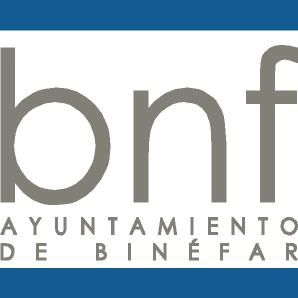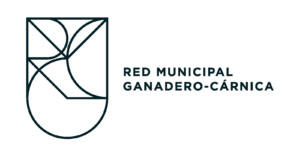The Binéfar City Council (Huesca) has joined the Municipal Livestock-Meat Network, a platform with which the interprofessional organizations of the meat chain (Asici, Avianza, Intercun, Interovic, Interporc and Provacuno) want to thank the vital role they play municipalities to facilitate the development of this activity in rural areas.

Binéfar urges the regional and national administrations to take the necessary measures to strengthen the sector in the municipalities, thus contributing to a sustainable and resilient rural development model, which allows guaranteeing and developing a fundamental economic sector for our rural societies.
The Municipal Livestock-Meat Network, which Binéfar has joined, is an initiative that also aspires to become a platform for dialogue between the private and public sectors at the municipal level. The objective is to seek synergies to promote the conditions that have allowed the livestock-meat chain to become the main economic engine of many of the country’s municipalities and cities. The economic and social power of the chain has also allowed its activity to become one of the main backbones of Rural Spain.
The main reason is the ability of livestock and meat companies to create quality jobs in the municipalities, which allows many residents to continue living in the same towns where they were born and depopulation is mitigated. With the permanence of the inhabitants, other problems related to population decline are also avoided, such as the loss of social services, leisure alternatives, etc.

Livestock activity takes place in more than 350,000 farms throughout the national geography that make a contribution of 16,000 million euros to Final Agricultural Production, according to data from the Ministry of Agriculture, Fisheries and Food.
In addition, during 2020, the Spanish meat industry put on the markets a total of 7.6 million tons of meats and 1.4 million tons of processed meat worth 27,957 million euros.
With this production, Spain’s food sovereignty with regard to meats has been ensured and it has also allowed 3.2 million tons of meats and various processed products to be exported to markets around the world. These transactions have reached a value of 8,660 million euros, with a growth of 21% in foreign turnover and in volume compared to the figures of the previous year.
These figures have a special strategic relevance at a time when international trade is suffering a strong setback and where the livestock-meat chain has emerged as a guarantee to maintain the positive balance of the balance of payments.
















